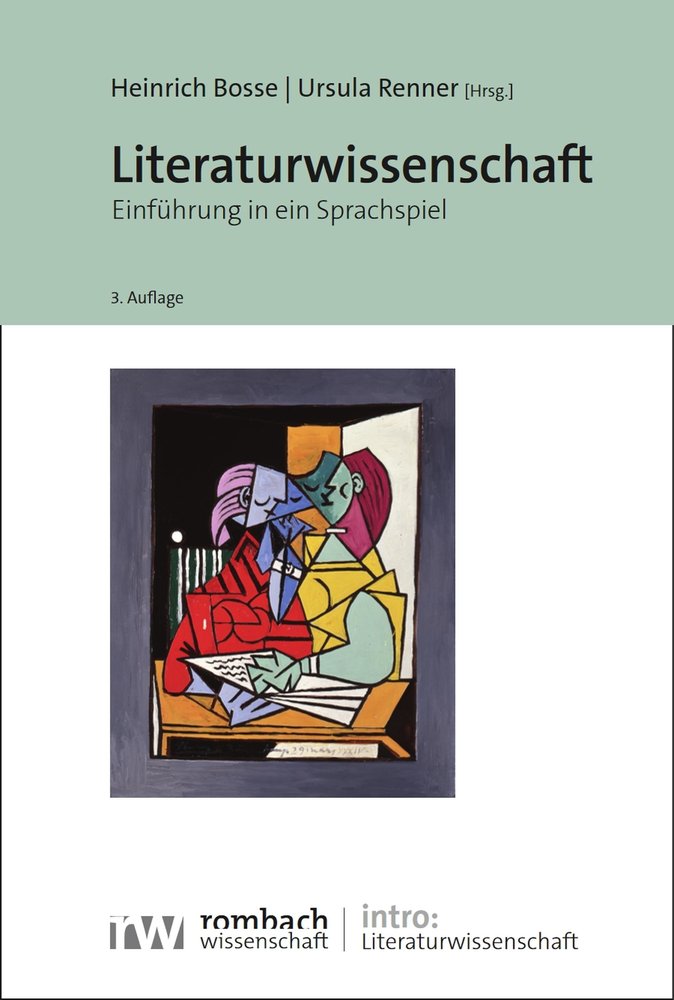Wer liest, ist schon mittendrin im zeichenvermittelten Spiel der Begegnungen mit Worten und Texten. Die Literaturwissenschaften versuchen, dieses Spiel einsehbar zu machen. Es besteht aus Fragen und Antworten, aus Aufgaben und Lösungen im Bereich der Sprache. Der Band will Aufmerksamkeit wecken für das, was wir tun, wenn wir Texte lesen und verfassen. In fünf Kapiteln handelt er vom Lesen und Verstehen, von sprachlichen Handlungen, Strategien der Strukturierung, vom Formatieren und Komponieren in Text- und Bildmedien und von den Grundelementen philologischer Arbeit - exemplarisch und zum kritischen Mitmachen ermunternd.Mit Beiträgen von Th. Böning, H. Bosse, R. Campe, B. Dotzler, E. Greber, W. Groddeck, G. Heeg, F.A. Kittler, C. Liebrand, Ch. Lubkoll, G. Neumann, M. Niehaus, Th. Pittrof, U. Renner, M. Schneider, B. Stiegler, Ph. Theisohn, J. Trabant, K. Weimar und D. Wellbery.


